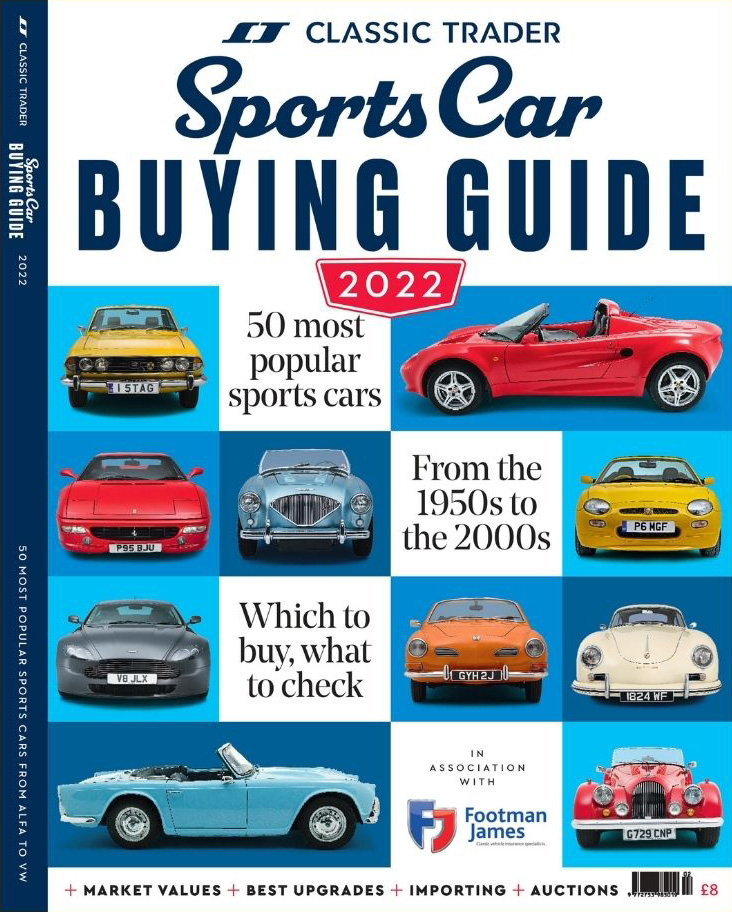Shop At Haya: Your Ultimate Shopping Guide
Discover the best shopping tips, trends, and deals for a smarter buying experience.
How to Outsmart Car Dealers: Tips for the Savvy Buyer
Unlock the secrets to outsmarting car dealers! Discover savvy tips to save big on your next vehicle purchase. Don't miss out!
Negotiating Tactics: How to Get the Best Price at a Car Dealership
When it comes to negotiating tactics at a car dealership, preparation is key. Before stepping foot on the lot, research the specific make and model you are interested in. Utilize online resources to compare prices, read reviews, and understand the car's market value. This knowledge gives you leverage during negotiations. Additionally, consider getting pre-approved for financing, as it not only helps clarify your budget but also signals to the dealer that you are a serious buyer. Remember, the more informed you are, the better your chances of securing the best price.
Another effective negotiating tactic is to remain calm and collected throughout the process. Start by making a reasonable offer based on your research, and be prepared to justify it. Utilize active listening skills to understand the salesman’s perspective and build rapport, which can lead to a more favorable deal. Don’t hesitate to walk away if you feel pressured or if the price isn't right. Persistence is crucial; often, dealers will come back with a better offer after reflecting on your willingness to leave.

Understanding Dealer Incentives: What Every Buyer Should Know
Dealer incentives are financial rewards provided by manufacturers to dealerships, aimed at promoting the sale of specific vehicles or achieving sales goals. Understanding these incentives can empower buyers to negotiate better deals. For instance, dealerships may receive cash bonuses for selling a certain number of models or may be encouraged to offer discounts on vehicles that need to be cleared from inventory. As a buyer, being aware of these incentives allows you to ask pointed questions and potentially leverage this knowledge to secure a lower price.
When approaching a dealership, consider asking about current incentives and how they may affect your purchase. Some buyers might be unaware that these promotions exist or how they can impact the pricing structure. It can be helpful to do some research and come prepared with information regarding any ongoing manufacturer incentives, such as
- cash rebates
- low financing rates
- lease deals
The Ultimate Checklist for Car Buyers: Avoiding Common Pitfalls
Purchasing a car can be a daunting task, especially for first-time buyers. To ensure a smooth experience, following a comprehensive checklist is crucial. Start by setting a realistic budget that includes not only the purchase price but also taxes, insurance, and potential maintenance costs. Research the vehicle’s market value through reliable resources. This provides leverage during negotiations, helping you avoid overpaying. Remember to assess your needs—consider factors such as fuel efficiency, reliability, and the size of the car. A good approach is to create a pros and cons list for each model you’re interested in.
When you finally zero in on a vehicle, schedule a thorough inspection and a test drive. It's vital to examine the car's condition both inside and out, so pay attention to any signs of wear or damage. Don't hesitate to ask for the vehicle history report which provides insights into past accidents and ownership. Lastly, explore financing options and negotiate wisely, ensuring that you fully understand the terms of your loan before committing. By being informed and prepared, you can significantly reduce the risk of encountering common pitfalls in your car-buying journey.